Choline Supplementation During Pregnancy and Lactation for a Healthy Baby
Choline is a common deficiency, not just in pregnant and lactating women, but also in the general population. Humans need at least 550 mg of choline every day and about 90% of all Americans are seriously deficient in this nutrient. Choline plays a vital role in the production, for example, of acetylcholine, a neurotransmitter that’s responsible for the proper functioning of the autonomic nervous system. The autonomic nervous system is the part of our body that coordinates the functioning of our visceral organs by sending and receiving information from each organ. At this point, we’ve dedicated a fair amount of space to talking about the autonomic nervous system, trauma and autism. Acetylcholine helps us balance our bodies against gravity in space so that we can walk without falling and stand with good posture. So a deficiency of choline that causes disruption to the production of acetylcholine during the earliest stages of life can have devastating effects on a child. As a nutrient that has only recently been discovered, choline is relatively unknown in the industrialized world and it definitely isn’t on the radar for most pregnant women even though, according to the scientific literature, it definitely should be. So, in this discussion, we’ll briefly discuss why pregnant women need to be aware of their choline consumption as a nutrient to prevent autism.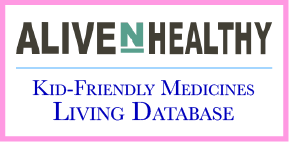 Kid-Friendly Medicines Living Database, BETA Release- NOW AVAILABLE! Click here to sign up...
Kid-Friendly Medicines Living Database, BETA Release- NOW AVAILABLE! Click here to sign up...
Choline and Folate: What You Need to Know
Choline and vitamin B9 / folate work together in the body. And both play a role in neurological development in an embryo. Without adequate levels of folate, the neural tube that is the initial “structure” that develops out of a mass of bubbles immediately following the fertilization of an ovum, this neural tube may not form properly, leading to neural tube disorders in children like spina bifida. Choline deficiency, like a deficiency of vitamin B9 / folate, can cause neural tube defects in children because these nutrients work together to form the nervous system. Immediately following conception, that bubbly mass that turns into a tube eventually becomes the spinal canal. The choline and folate / vitamin B9 that promotes the proper development of the neural tube is eventually used by the embryo to produce the autonomic nervous system. The autonomic nervous system consists of 3 branches:- The Sympathetic / Fight-or-Flight Branch
- The Parasympathetic / Play-Dead Branch
- The Parasympathetic / Socialize and Relax Branch
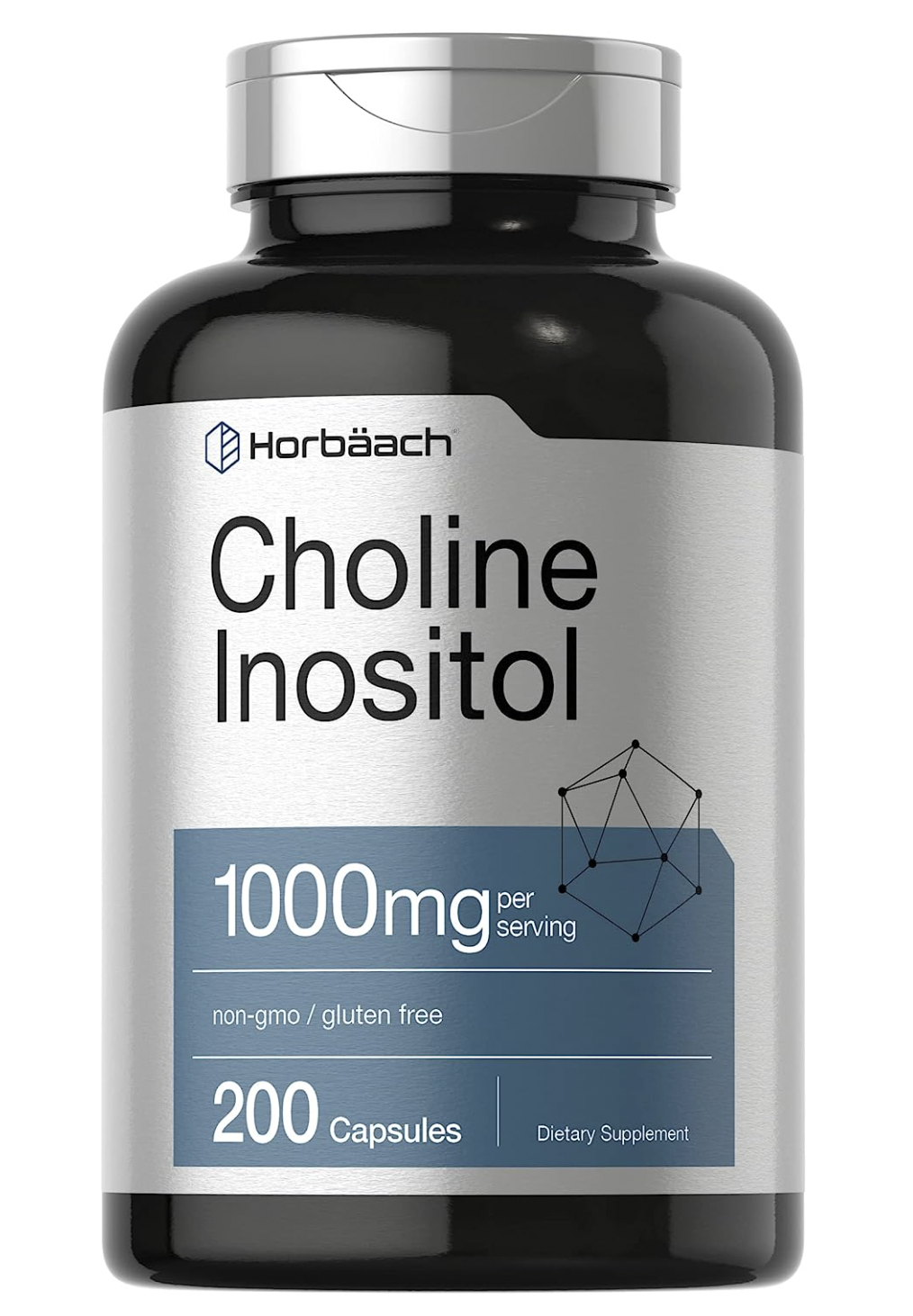
Click here to buy Choline / Inositol.
The Importance of Choline in Fetal and Child Development
Choline is sometimes classified as a B vitamin. A deficiency of choline can lead to liver damage in male adults, but during gestation and lactation, choline deficiency is a much more serious thing. Though this is a known fact, women’s and children’s choline levels have never been studied to determine the proper dosing of this nutrient for their specific needs. Rather, the daily suggested choline requirement in women and kids has been calculated on the basis of what men need. For infants between 0 and 6 months of age, the recommended choline intake has been calculated to reflect the average amount of choline an infant might consume through breast milk. So, during lactation, a woman’s choline intake determines how much choline her baby receives. And pregnant women who are seriously deficient in choline are given dietary recommendations that are far too low to meet their actual needs. Choline plays multiple roles in our cells and in our metabolism. The function of this nutrient spans from cellular membrane development and signaling to methyl-group metabolism, lipid transport, and the synthesis of neurotransmitters. It is a vital nutrient in fetal brain and memory development during pregnancy. Choline deficiency during pregnancy has been correlated with the later development of autism in some children. Indeed, choline supplementation has been reported as beneficial in the treatment of diseases and disorders that are both directly and indirectly related to autism. In individuals with MTHFR mutations, choline is the best methyl-group donor.Until recently, choline supplementation was regarded only as being advantageous during pregnancy. Supplementation with choline during pregnancy promotes positive social behaviors and memory in babies born to women who are not deficient in this nutrient. Supplementation during pregnancy has been shown to reduce the risk of giving birth to a baby who later develops autism.
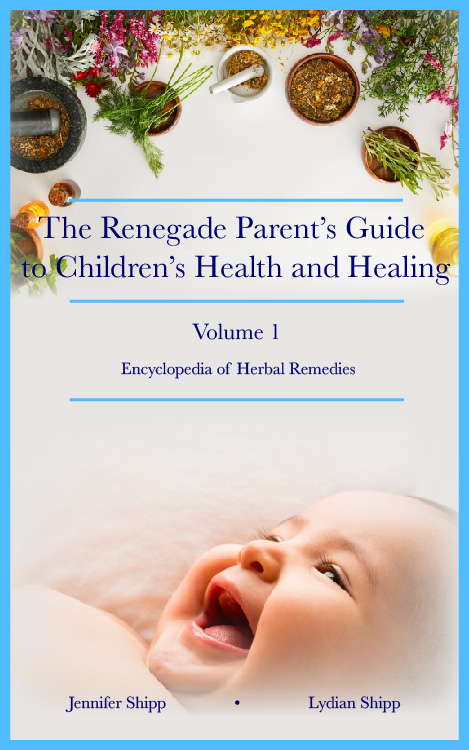 The food consumption guidelines provided by the 2015-2020 Dietary Guidelines for Americans recommends a diet that is not high enough in bioavailable choline to meet the needs of any population group including adult men. Prenatal choline deficiency has a lasting impact on neurological development in children. This is a nutrient that is not provided in adequate quantities in prenatal vitamins, but choline supplementation at high enough levels can have a lasting impact on the lives of mothers and their children. Choline is found most often in animal products so women who are vegan or vegetarian during pregnancy are at the highest risk of being choline-deficient, leaving their baby susceptible to choline deficiency-related health issues, but pregnant women who eat meat can also easily become deficient in choline as well. This is a vital nutrient that, like folate, should be actively sought out for supplementation by pregnant women because of its ability to promote healthy nervous system development in children.
The food consumption guidelines provided by the 2015-2020 Dietary Guidelines for Americans recommends a diet that is not high enough in bioavailable choline to meet the needs of any population group including adult men. Prenatal choline deficiency has a lasting impact on neurological development in children. This is a nutrient that is not provided in adequate quantities in prenatal vitamins, but choline supplementation at high enough levels can have a lasting impact on the lives of mothers and their children. Choline is found most often in animal products so women who are vegan or vegetarian during pregnancy are at the highest risk of being choline-deficient, leaving their baby susceptible to choline deficiency-related health issues, but pregnant women who eat meat can also easily become deficient in choline as well. This is a vital nutrient that, like folate, should be actively sought out for supplementation by pregnant women because of its ability to promote healthy nervous system development in children.
The fetal nervous system and brain is the most likely part of a baby’s body to be affected by choline deficiency during pregnancy. During the first few years of life when a child’s brain is developing rapidly, choline deficiency can lead to issues with anxiety and poor judgment as a result of delayed brain cortex growth and development. Indeed, studies have noted that the cholinergic system in autistic children plays a major role in disease symptoms. Abnormalities in this system may result from choline deficiency during pregnancy. In our book, Root Cause, we talk a lot about folate as a nutrient that is no longer produced normally by GMO plants and how the lack of specific nutrients in GMO plants leads to predictable health issues that are being exploited by Big Pharma. Exposure to Glyphosate / RoundUp and other organophosphate insecticides during pregnancy increases the risk of that child developing autism by 60%. So, scientists are zero-ing in on a compelling cause that might explain, at least in part, how and why autism develops. Choline deficiency is a common problem as a result of vegan and vegetarian diet trends combined with folate deficiency due to GMO staple food plants that no longer go through The Shikimate Pathway. And then, people who are deficient in vitamin K2, one of the nutrients that is normally produced by The Shikimate Pathway in non-GMO plants, are vulnerable to organophosphate exposure, setting up the perfect storm to make families vulnerable to autism.
In one study that assessed choline levels during pregnancy and their effects on children, high choline intake during the first and second trimesters resulted in higher levels of performance on visual memory tasks in 7 year old kids. In another study, 234 Swedish teens with the highest levels of choline also had the highest grades on school tests. Kids with the lowest levels of choline had the lowest grades.
In adults, proper choline levels may be able to prevent memory decline and dementia later in life. In short, choline plays a role in both memory and muscle function. Without it, or with too little of it, children can develop global health issues that look like autism or autoimmunity with no apparent cause underlying these issues.
Sending and Receiving Signals: Choline in Cell Membranes
All of our cell membranes are built using choline. As a part of the cell membrane, choline plays a role in each cell’s ability to send and receive messages. It is also important as a liver nutrient that transports fats from liver tissues to the rest of the body. As such, choline deficiency can cause fatty liver disease.A lack of choline in the diet can cause a number of health problems ranging from liver disease to neurological disease as well as disease states and visceral organ problems caused by autonomic nervous system dysfunction. As such, choline is one of the most important nutrient supplements that pregnant women should seek out actively throughout gestation.
The Choline - Estrogen Connection
Women’s bodies can produce a small amount of choline via the biosynthesis of estrogen. About 50% of women are able to turn estrogen into choline, but the other 50% of women have compromised ability to make this estrogen-to-choline switch. Post-menopausal women lose this ability to manufacture choline out of estrogen. And boys and men have less estrogen and so they lack the ability to make this estrogen-to-choline conversion. This fact regarding choline biosynthesis differences between genders explains, to some extent, why there are gender differences in how autism is expressed in children.The main takeaway here is that everyone except women of childbearing age must consume choline or else they receive none of this nutrient. And women of childbearing age and young children need higher levels than everyone else in the population, so even with small amounts produced by their bodies, they’re likely to become deficient.
 Click here to subscribe to the Living Database!
Click here to subscribe to the Living Database!
Choline-Containing Foods
The foods that contain the most choline include:- Eggs
- Chicken
- Turkey
- Salmon
- Organ Meats
- Shitake Mushrooms
- Cruciferous Vegetables
- Beans
- Nuts
- Seeds
- Whole Grains
Symptoms of Choline Deficiency
Symptoms of choline deficiency include:- Fatty liver disease
- Atherosclerosis
- Neurological Disorders
- Muscle Disorders
- Liver Dysfunction
- Low Energy Levels
- Memory Loss
- Cognitive Decline
- Mood changes
- Mood disorders
- Muscle Aches
Choline Summary
Only about 7% of Americans consume enough choline to meet their daily needs. The proper daily dose of choline for a non-pregnant individual is between 300-550 mg. Pregnant and lactating women and children need more choline than other members of the population and should aim to take in at least 1000 mg of choline daily.During pregnancy, a deficiency of choline can permanently stunt the development of the fetal brain. This nutrient deficiency during pregnancy has strong correlations with the development of autism later in childhood. As such, choline is one of the most important nutrients that we discuss when it comes to nutritional supplements for pregnancy.
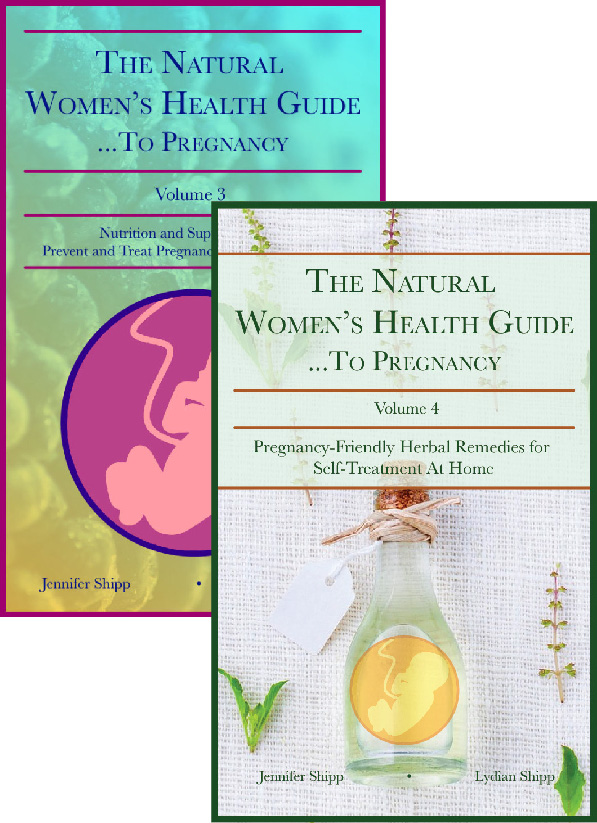
"The Natural Women's Health Guide... to Pregnancy - BUY HERE!"
Resources:
Marano, H. E. (2017). The Case for Choline. Retrieved March 23, 2023 from https://www.psychologytoday.com/us/articles/201701/the-case-choline
Perry, E. K. et al. (2001). Cholinergic activity in autism: abnormalities in the cerebral cortex and basal forebrain. Retrieved March 23, 2023 from https://pubmed.ncbi.nlm.nih.gov/11431227/
Agam, G. et al. (2020). The influence of choline treatment on behavioral and neurochemical autistic-like phenotype in the MTHFR-deficient mice. Retrieved May 15, 2023 from https://www.nature.com/articles/s41398-020-01002-1

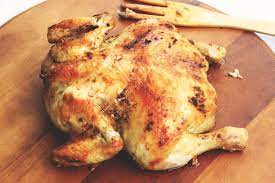 Veganism and vegetarianism are sometimes a necessary diet, but over the past 20 years, the vegan-vegetarian diet has been promoted by Big Food and Big Pharma along with food supply changes to create the perfect storm of life-long health problems in children that are incredibly profitable for these bloated industries.
Veganism and vegetarianism are sometimes a necessary diet, but over the past 20 years, the vegan-vegetarian diet has been promoted by Big Food and Big Pharma along with food supply changes to create the perfect storm of life-long health problems in children that are incredibly profitable for these bloated industries. Phosphatidylcholine 1,200mg – 210 Softgels – Enhanced Version of Sunflower and Soy Lecithin (Choline Supplements) - Non-GMO, Manufactured and Tested in The USA to Support Brain Health by Double Wood
Phosphatidylcholine 1,200mg – 210 Softgels – Enhanced Version of Sunflower and Soy Lecithin (Choline Supplements) - Non-GMO, Manufactured and Tested in The USA to Support Brain Health by Double Wood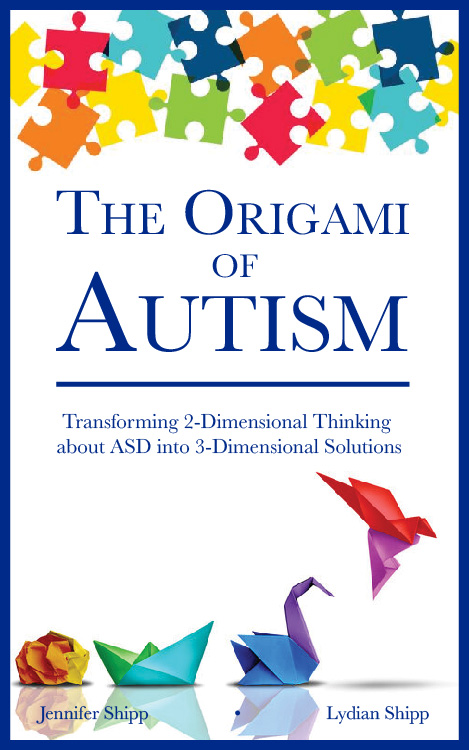 The Origami of Autism: Transforming 2-Dimensional Thinking about ASD into 3-Dimensional Solutions - BUY HERE!
The Origami of Autism: Transforming 2-Dimensional Thinking about ASD into 3-Dimensional Solutions - BUY HERE!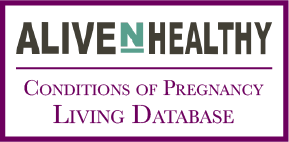 The Conditions of Pregnancy Living Database, BETA Release - NOW AVAILABLE! Click here to learn more...
The Conditions of Pregnancy Living Database, BETA Release - NOW AVAILABLE! Click here to learn more...













